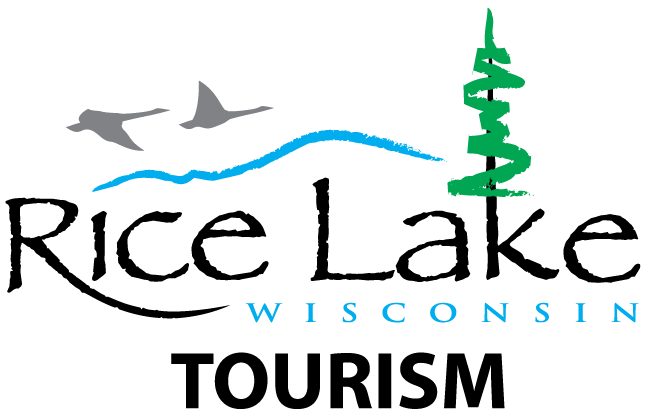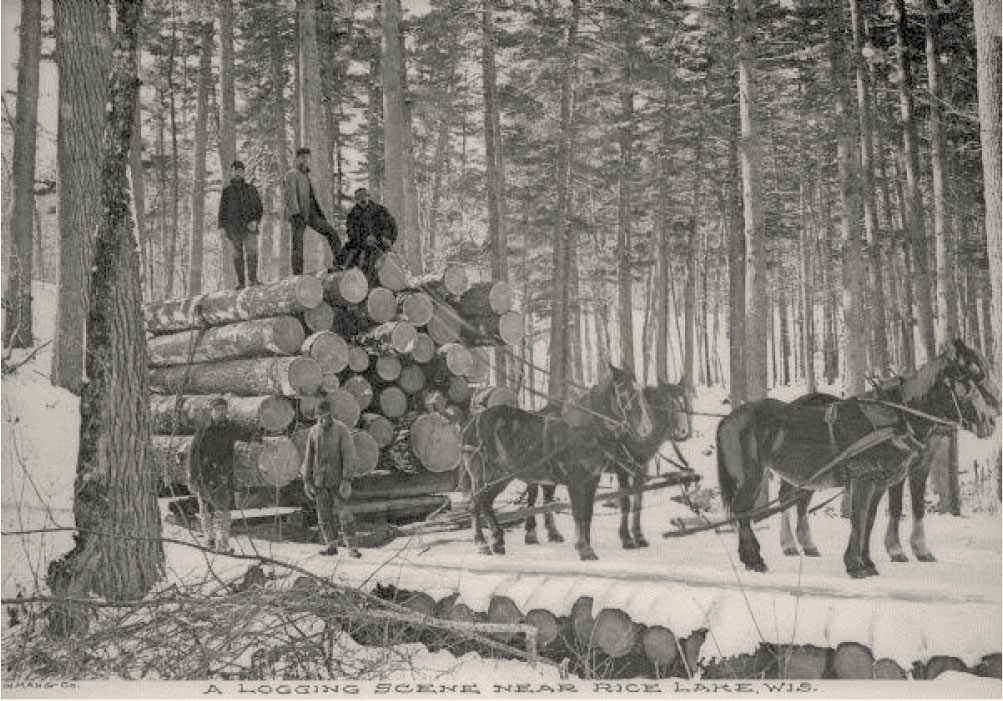Nestled in the picturesque landscape of northwestern Wisconsin, Rice Lake stands as a testament to the rich history and vibrant culture of the region. From its humble beginnings as a trading post to its emergence as a thriving community, the story of Rice Lake is one of resilience, innovation, and community spirit.
The history of Rice Lake dates back centuries, long before European settlers arrived in the area. The land around the lake was originally inhabited by the Ojibwe people, who relied on the abundant natural resources of the region for sustenance and livelihood. Rice Lake itself was named for the wild rice that grew abundantly in its waters, providing a vital food source for the indigenous inhabitants.
In the early 1800s, European fur traders and explorers began to venture into the area, establishing trade routes and settlements along the waterways of the region. One such settlement was Rice Lake, which began as a small trading post operated by fur trader Benjamin W. Morrison in the 1840s. Situated at the crossroads of several important travel routes, including the Red Cedar River and the St. Croix River, Rice Lake quickly became a hub of activity for traders, trappers, and settlers alike.
The arrival of the railroad in the late 19th century further fueled the growth and development of Rice Lake. The Chicago, St. Paul, Minneapolis, and Omaha Railroad, later known as the Omaha Road, established a station in Rice Lake in 1884, connecting the town to larger markets and facilitating the transportation of goods and passengers to and from the region. This newfound accessibility spurred economic growth and attracted new residents to the area, transforming Rice Lake into a bustling center of commerce and industry.
Throughout the late 19th and early 20th centuries, Rice Lake continued to flourish as a hub of agricultural activity. The fertile soil and favorable climate of the region made it ideal for farming, and local farmers cultivated a variety of crops, including wheat, oats, barley, and potatoes. In addition to agriculture, logging and lumbering also played a significant role in the economy of Rice Lake, with numerous sawmills operating in the area to process timber harvested from the surrounding forests.
As the 20th century progressed, Rice Lake diversified its economy and embraced new industries, including manufacturing and tourism. The establishment of manufacturing facilities brought jobs and prosperity to the community, while the natural beauty of the area attracted visitors from near and far, eager to explore the pristine lakes, forests, and recreational opportunities that Rice Lake had to offer.
Today, Rice Lake remains a vibrant and thriving community, deeply rooted in its rich history and heritage. The town’s historic downtown district boasts a charming mix of shops, restaurants, and cultural attractions, while its scenic natural surroundings continue to attract outdoor enthusiasts and nature lovers year-round. With a strong sense of community spirit and a commitment to preserving its past while embracing the future, Rice Lake stands as a shining example of small-town America at its best.

